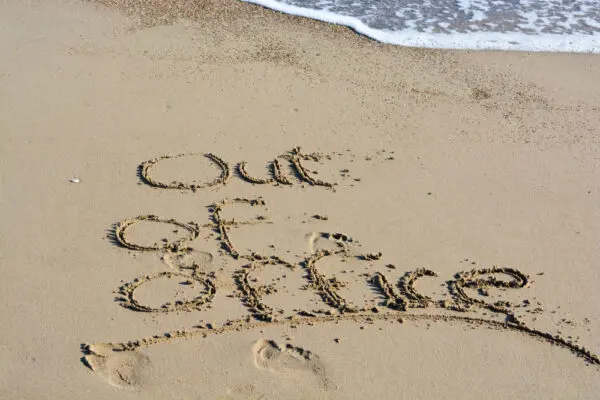30 April 2025
Facing redundancy in the Netherlands?
If you’re employed by a corporation in the Netherlands and are facing redundancy, this article provides practical advice on how to navigate the situation.
Read more

12 August 2024
Has one of your employees requested a sabbatical, and do you want to know what your obligations are as an employer? In this article, I will explain what you need to consider.
First, the term “sabbatical” does not appear in the Dutch legislation. Legally, we are therefore talking about “unpaid leave”. This is different from, for example, parental leave, maternity leave, or caregiving leave. On the Government website, you can read about the various types of leave and the rules for each type. There are generally no regulations from the government regarding unpaid leave.
Since there are no regulations from the government regarding unpaid leave, an employee does not have an enforceable right to it. However, this does not mean that you can simply refuse every request. If an employee requests a sabbatical, you must seriously consider the request based on good employer practices. What impact will the employee’s absence have on the business operations, and how problematic are those consequences? Can you potentially mitigate it, for example, by hiring temporary staff? Additionally, you should also consider the employee’s interests. Generally, there will not be a strong obligation to approve the sabbatical, but you cannot reject it without reason.
Note that some collective labor agreements (CLAs) include leave regulations that also contain rules regarding unpaid leave. This may mean that you, as an employer, are obliged to approve a sabbatical.
No, you do not have to continue paying the salary during a sabbatical. However, note that some CLAs and employee handbooks may have provisions that state otherwise, such as requiring you to pay a portion of the salary. You also do not have to continue pension accrual or vacation day accrual during unpaid leave. Again, there may be different rules at the collective level. Many larger companies continue the pension accrual of an employee during a sabbatical based on agreements with trade unions or the works council.
On June 9, 2023, the Supreme Court of the Netherlands made a ruling in a case between NS Reizigers B.V. and a group of train drivers (NSR/train drivers, ECLI:NL:HR:2023:816). The case revolved around the value of the so-called “free hours”, additional leave rights arising from the NS collective labor agreement. The employees claimed, among other things, back payment of the irregularity allowance over these “free hours”.
The Supreme Court largely upheld the claims of the train drivers. The Court considers that no distinction should be made between statutory vacation days and any additional vacation rights (extra leave rights arising from a collective labor agreement or employment contract). The irregularity allowance must also be paid for the additional “free hours”, the Supreme Court ruled.
Whether there is an “additional vacation right” should be assessed based on the purpose of the time-off entitlement at the time of granting. If the intention was to give the employee extra time for rest and relaxation (the so-called “recuperative function”), then the employer must not deviate from the statutory wage definition when potentially paying out those vacation rights. All regular allowances must also be paid out.
Does your collective labor agreement or personnel regulation include a right to unpaid leave for the employee? In that case, the following applies. Generally, such sabbatical rights would have been intended to provide the employee with the opportunity to enjoy extra rest and relaxation. If we apply the above ruling of the Supreme Court to this, it would logically mean that during a sabbatical, the employee’s full salary must be paid. However, there have not yet been any rulings on this. Whether this will be interpreted as such remains to be seen.
Do you have legal questions regarding this subject? Please feel free to contact us.